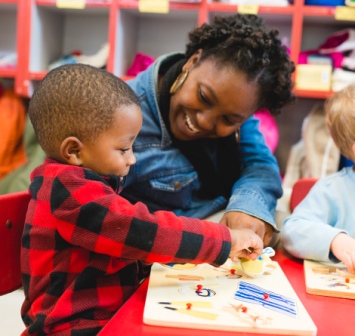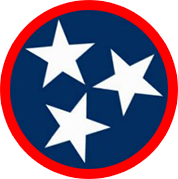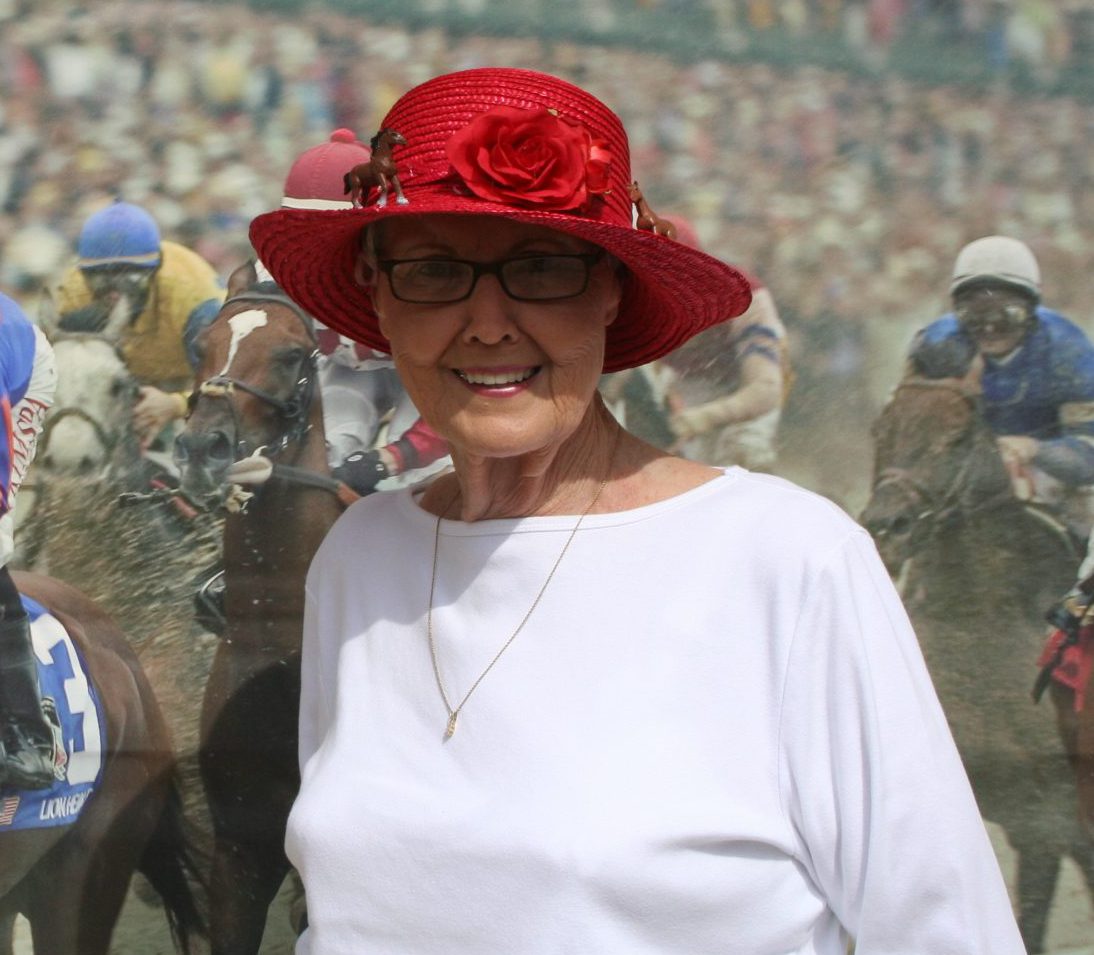Ages 2 To 3 years
Below are the program goals for children in our Toddler Program. Generally by the end of this stage, children may be able To do the following:
Emotional Development
- Begin To assist with dressing self (e.g. jacket, hat, etc.)
- Care for some physical needs with supervision
- Follow basic daily routines with staff assistance
- Assist staff in putting some materials, toys and equipment in the proper place with supervision
- Play alone and in small groups some of the time and with the total group occasionally
- Deal with emotions in a way suitable for developmental level, most of the time
- Respond To praise and suggestions from others
- Make the transition from home To center with a minimum of anxiety
Social Development & Living
- Participate in the total group some of the time
- Share in a small group some of the time
- Identify family members
- Cooperate most of the time
- Learn about some adult roles in the neighborhood (e.g. doctor, firefighter, etc.)
Physical Development / Gross Motor
- Perform simple loco motor tasks, including walking forward and backward, running and jumping
- Walk a few steps on a line on the floor
- Throw a large ball at least two feet
- Roll large and small balls
- Perform simple somersaults with assistance
- Manipulate large toys and wheeled equipment
- Use some of the playground equipment (e.g. slide)
- Begin To participate in simple group games
Fine Motor
- Construct simple block structures
- Stack at least three small objects (e.g. over two inches in diameter)
- Complete 3-5 piece puzzle
- Use crayons To create free-form designs
- Practice turning book pages one at a time
- Feed self using spoon and tumbler
- Place pegs in pegboard, shapes into shape box, etc.
- Begin To participate in simple group games
Cognitive Development
- Use words “big” and “little”
- Follow at least one direction
- Recognize and name two colors
- Identify familiar sounds in environment (e.g. car horn, baby cry, etc.)
- Identify major body parts on own body
- Name some familiar animals and identify the sounds they make (e.g. ducks quack)
- Identify a missing part of an object in a picture (e.g car without wheels)
- Identify functions of some familiar objects according To their use (e.g. furniture, food, clothing, etc.)
Language Development
- Recognize own name and the name of caregiver
- Give simple answers To questions
- Identify some common objects and familiar people when names are given by staff
- Name some familiar objects in his/her environment
- Pronounce most words correctly (except for some articulation errors)
- Express own needs and wants
- Repeat a few simple finger plays
- Relate a simple activity or event
Reading Readiness
- Begin recognizing some letters of the alphabet
- Recognize simple, common story characters (e.g. The Three Bears)
- Tell what is happening in a simple picture
- Retell a part of a familiar story
- Listen To short stories
- Attend To films, filmstrips, puppet shows, etc., appropriate To developmental level
Science
- Show concern and care for animals
- Help plant and maintain simple plants (e.g. indoors and outdoors)
- Identify some textures (e.g. hard, soft, fuzzy, etc.)
- Identify some foods according To taste
- Assist with a cooking experience
- Learn about some insects (e.g. butterfly, ant, etc.)
- Give simple descriptions of the weather (e.g. it’s raining, cloudy, hot, etc.)
Premath Skills
- Use simple number songs, rhymes and finger plays
- Indicate age in numbers of fingers and verbally
- Rote count from 1-5
- Sort like shapes (e.g. triangles, circles, squares, etc.)
Art, Music & Movement
- Assist staff with care of art materials
- Use some art media including crayons, markers, paints and play dough
- Use paste with supervision
- Use various art techniques with supervision, including collage and painting
- Listen To music
- Participate in simple singing games and songs
- Use rhythm instruments
- March To music
- Use free-form movement and perform simple exercises To music





